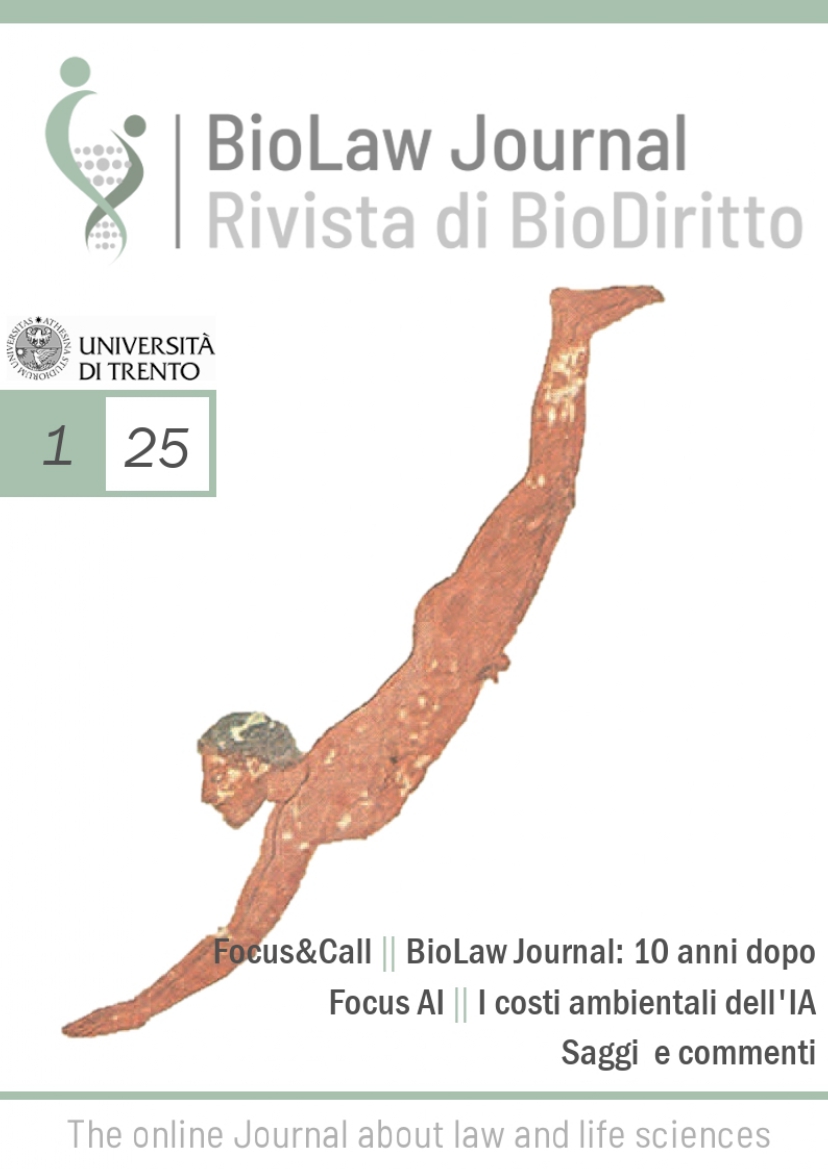Advanced Euthanasia Directives. From the «Koffie» judgment to the need for euthanasia beyond reasonable doubt
DOI:
https://doi.org/10.15168/2284-4503-3483Keywords:
Euthanasia, Bioethics, Mental Disease, Human Rights, Assisted SuicideAbstract
While the ethical legitimacy of euthanasia and assisted suicide is still being debated in Italy and France, in some Northern European countries euthanasia is legitimately carried out on incompetent patients suffering from mental illness, even against their actual will, on the basis of an advanced euthanasia directive. Based on the well-known Dutch "Koffie" case and the principles affirmed by the United Nations Convention on the Rights of Persons with Disabilities, this paper will attempt to review the ethical legitimacy of the practice of anticipated termination of life performed on patients incapable due to mental illness, even against their will, on the basis of advanced euthanasia directives, arguing that in certain cases the performance of euthanasia should be subject to a precautionary principle, such that it is granted only beyond reasonable doubt and that the need for consent is stressed at least until the last moment of life.
Downloads
Published
How to Cite
Issue
Section
License

This work is licensed under a Creative Commons Attribution-NonCommercial-NoDerivatives 4.0 International License.





